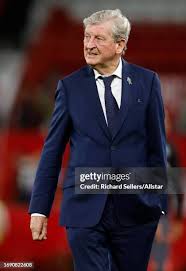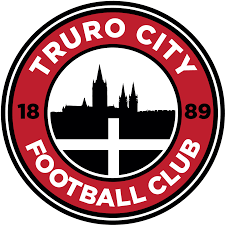Roy Hodgson: A Veteran’s Legacy in Football Management

Introduction
Roy Hodgson, a name synonymous with football management, continues to make headlines as he embarks on yet another chapter in his storied career. Known for his strategic acumen and extensive experience in the game, Hodgson’s journey has not only shaped his teams but also influenced the sport on a broader scale. His recent return to Crystal Palace as manager at the age of 75 exemplifies his passion and dedication to football, making him a significant figure in the sports world once again.
Recent Developments
In April 2023, Hodgson took charge of Crystal Palace after the sacking of Patrick Vieira. This marked his second spell at the club, having previously managed the team from 2017 to 2019. Under his guidance, Palace secured crucial points in a tightly contested Premier League season, showcasing Hodgson’s ability to invigorate a squad despite his advanced age. His tactical substitutions and motivational skills revitalised a struggling team, leading to impressive performances against established clubs like Manchester United and Tottenham Hotspur.
Hodgson’s managerial career dates back over four decades, during which he has led teams across Europe, including stints in the Premier League, La Liga, and Serie A. His experience at clubs like Liverpool and the England national team has granted him a wealth of knowledge, making him an esteemed figure amongst peers and players alike. Hodgson’s return to the Premier League not only reflects his enduring influence but also raises questions about the evolution of football management and the roles that experienced coaches play in an increasingly youth-driven coaching landscape.
Significance and Future Outlook
Hodgson’s staying power in the highly competitive arena of top-flight football serves as an inspiration to both aspiring and established managers. His commitment to the game demonstrates that age need not hinder effectiveness. With Crystal Palace fighting to maintain their Premier League status, Hodgson’s experience could prove invaluable in the final stretch of the season.
Looking ahead, Hodgson’s impact on the club and the league as a whole remains to be seen. Many speculate on how his strategies will adapt to the changing dynamics of the game, especially with younger managers becoming more prominent. However, his legacy, anchored in resilience and tactical ingenuity, will undoubtedly leave an indelible mark on players, fans, and the broader football community.
Conclusion
As Roy Hodgson continues to navigate the challenges of football management, his contributions remain significant and relevant to both the present and future of the sport. For fans and analysts alike, understanding Hodgson’s journey provides crucial insights into the evolution of management in football and the timeless attributes that define successful coaching.









